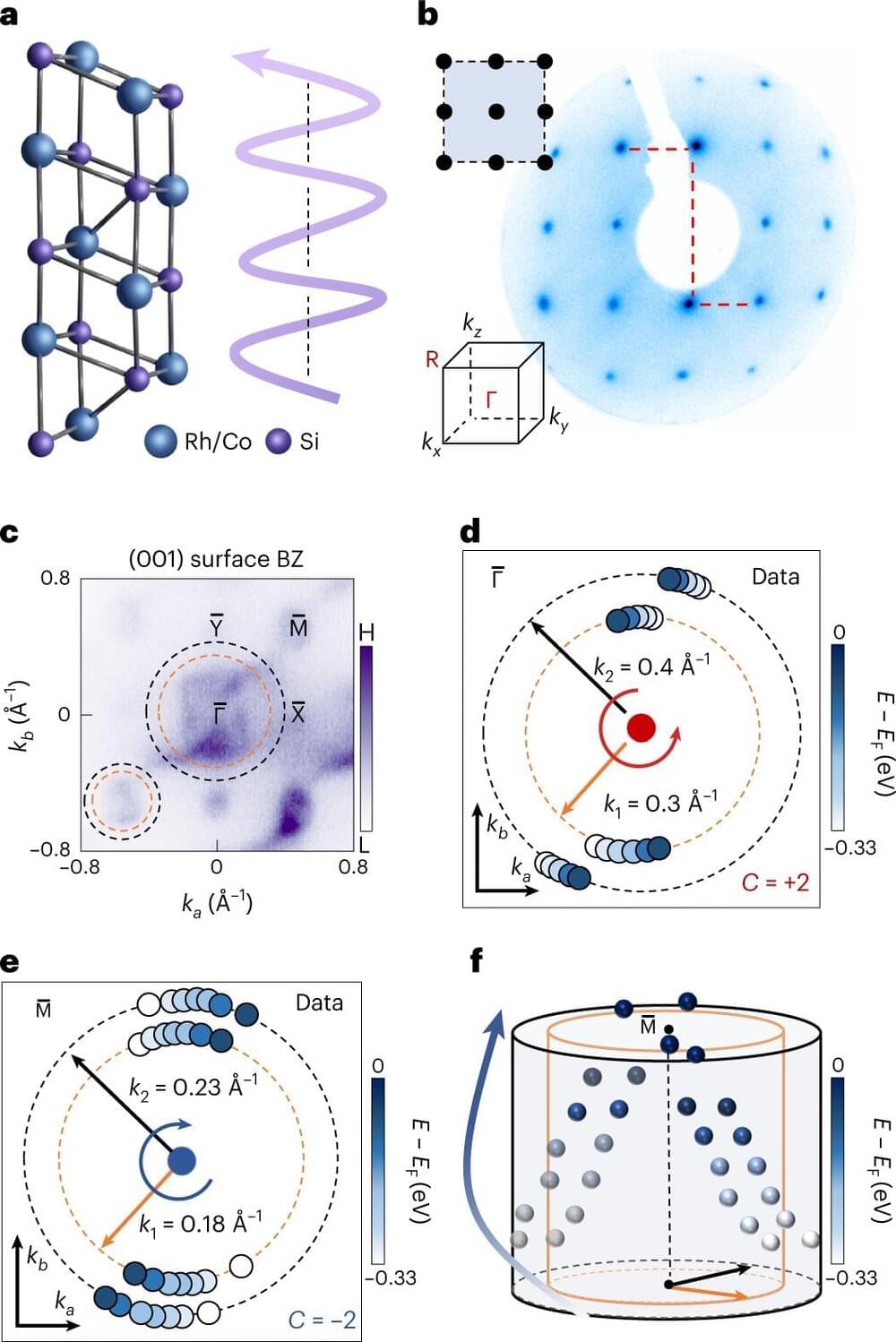Watch Dr. Ben Goertzel, CEO of SingularityNET and ASI Alliance, discuss the path to beneficial Superintelligence.
Recorded at the Superintelligence Summit held by Ocean Protocol in Bangkok on November 11, 2024.
SingularityNET was founded by Dr. Ben Goertzel with the mission of creating a decentralized, democratic, inclusive, and beneficial Artificial General Intelligence (AGI). An AGI that is not dependent on any central entity, is open to anyone, and is not restricted to the narrow goals of a single corporation or even a single country.
The SingularityNET team includes seasoned engineers, scientists, researchers, entrepreneurs, and marketers. Our core platform and AI teams are further complemented by specialized teams devoted to application areas such as finance, robotics, biomedical AI, media, arts, and entertainment.
Website: https://singularitynet.io.
X: https://twitter.com/SingularityNET
Instagram: / singularitynet.io.
Discord: / discord.
Forum: https://community.singularitynet.io.
Telegram: https://t.me/singularitynet.
WhatsApp: https://whatsapp.com/channel/0029VaM8…
Warpcast: https://warpcast.com/singularitynet.
Mindplex Social: https://social.mindplex.ai/@Singulari…
Github: https://github.com/singnet.
Linkedin: / singularitynet.




